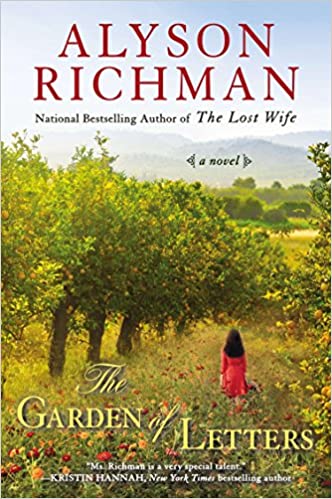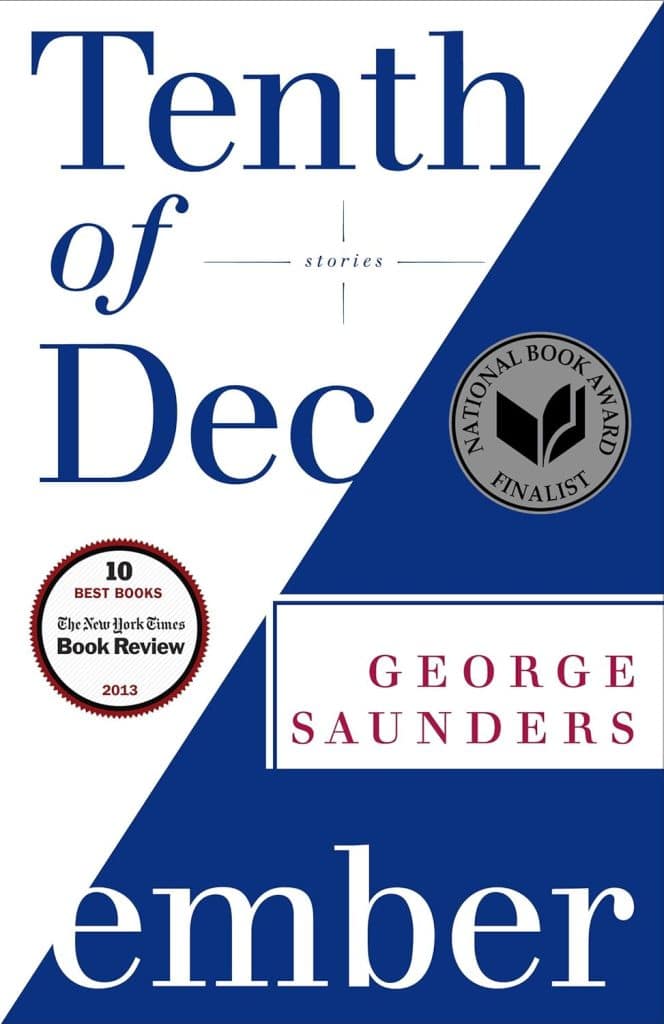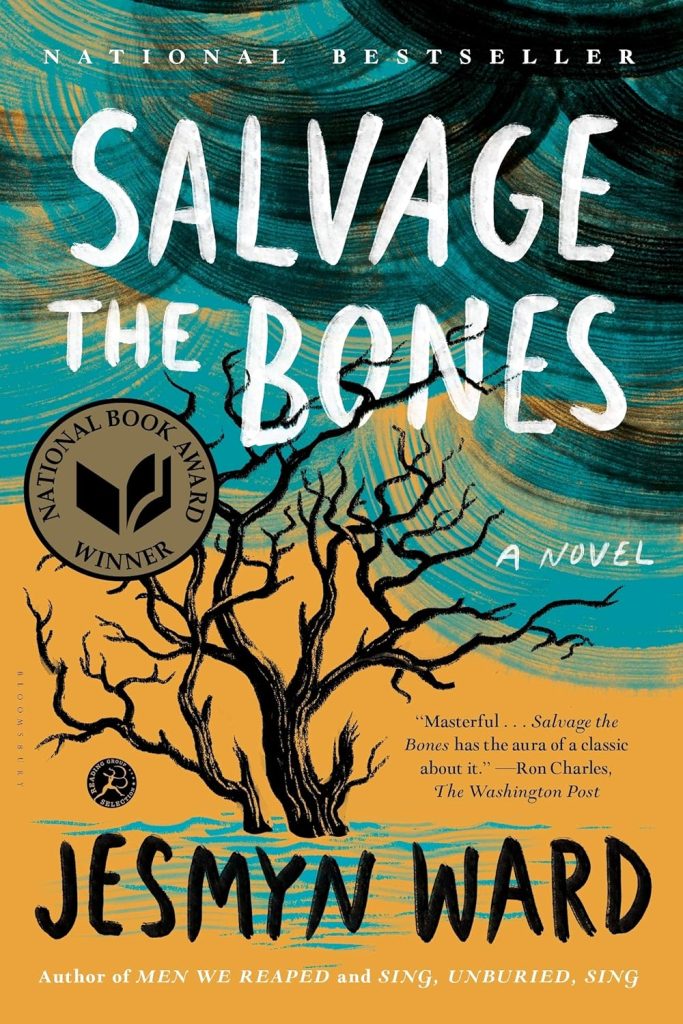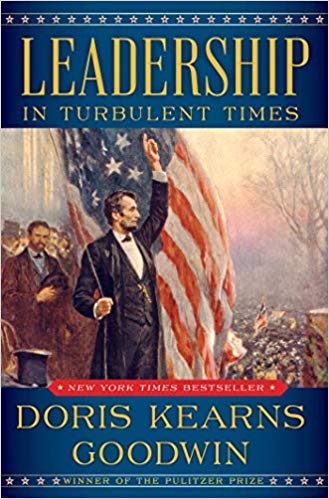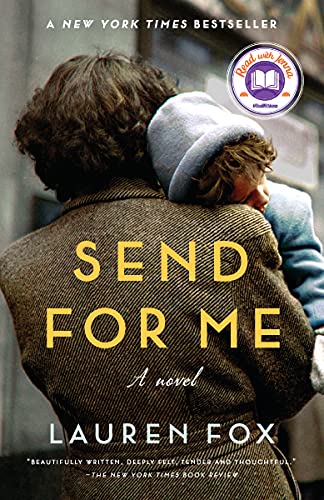Grief’s Lesson: Serving and Blessing the Living!
Estimated reading time: 13 minutes, 10 seconds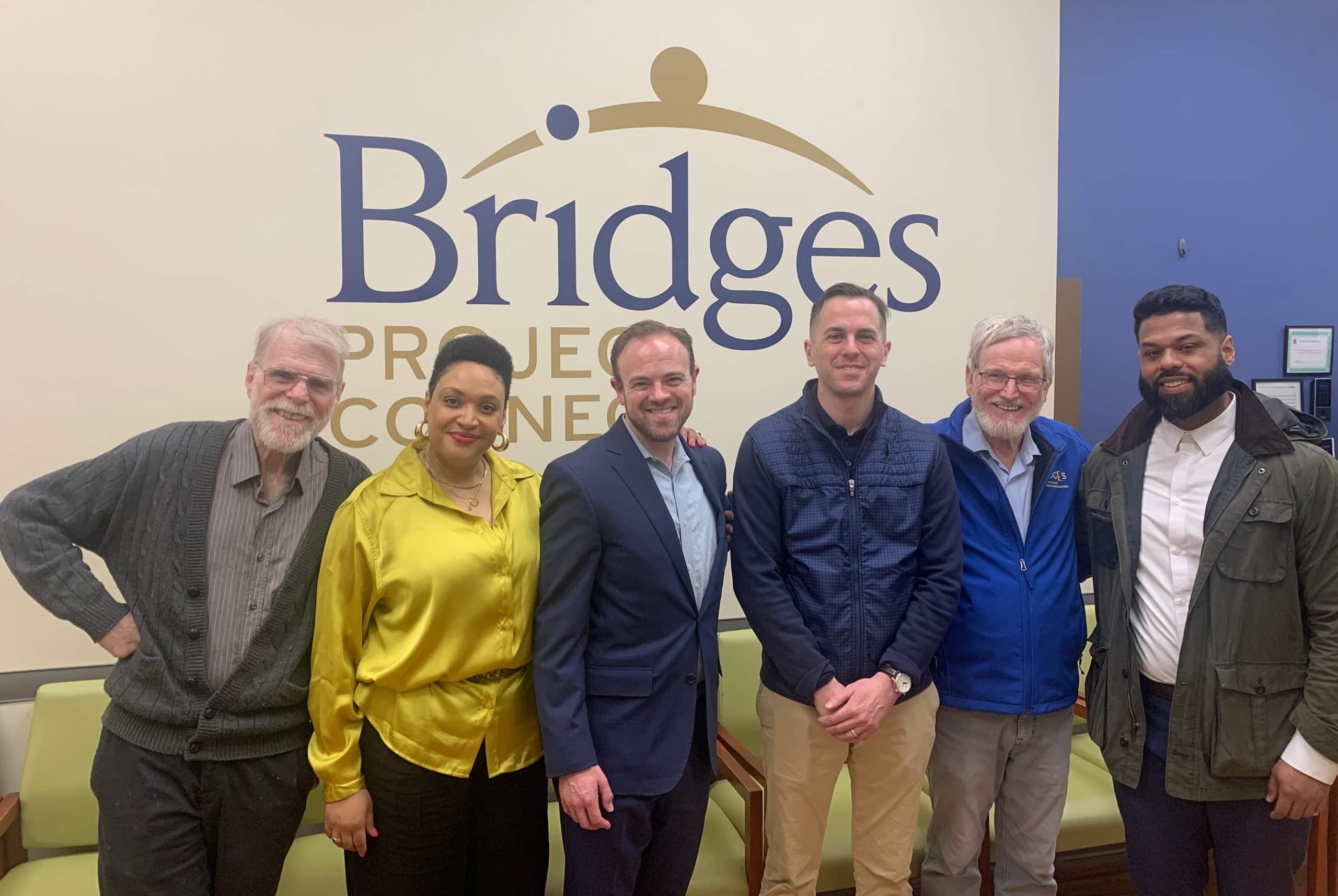
Community
I texted Rich Uniacke, the President of Bridges, as I departed from Newark Penn Station and asked if I could pick up a Box of Joe. Sadly, I received a negative response each time. Despite this disappointment, I remained in good spirits. I looked forward to assisting my unhoused neighbors as I traveled from the station to the historic Military Park, where the event occurred.
Upon arriving at the park, I immediately sought out one of the Bridges Outreach Vans and joined the staff and volunteers in unloading food, clothing, and other essential items. Even though I consider myself in good shape from my daily walks, carrying the boxes was a stark reminder that my body was three-quarters of a century old. Despite the physical strain, I was greeted warmly by familiar faces and new acquaintances alike. I took the time to welcome and introduce myself to everyone, making a special effort to express my gratitude to my friend and neighbor Jo Ann, who had also joined us.

As I stood at a table during the Bridges Project Connect Service Fair, I gazed at the long line of individuals who were experiencing homelessness or struggling with housing instability. I offered fruits to those in need, echoing, “Bananas? Oranges?” I was eager to lend a helping hand to my unhoused neighbors.
When I first learned about the event, I eagerly volunteered. As the board chair, my presence was crucial, and I assumed that other board members would also be in attendance. However, I ended up being the sole board member present. Despite this, the five hours I spent at the event were the most fulfilling part of my day, reminding me of the importance of contributing to the betterment of our world. While I felt like I was serving and blessing my community, I also realized that I was truly blessed by the opportunity to make a positive impact.
Tic-Tac-Toe Love
I remember her saying, “I made a mental list, not a written one,” as if it were the only way to find true love. Once I knew what I was looking for, I would meet and interview potential partners.” Since my wife passed away, I’ve heard similar lines from several women. In 1993, my wife and I watched and re-watched the movie Sleepless in Seattle. Living alone and being single, I reflect on those sleepless nights and one of the memorable lines, “The world of dating has changed so much since then.”
As my readers know, I fell in love last summer, like a meteor falling from the sky. I had felt she was remarkable for a year before I expressed my feelings. I went from thinking I liked her to loving her now and forever. We never met in person after that time until one brief encounter. If you want to meet, I have time before my train leaves,” was a text message I had waited months to receive. I responded ‘yes’ without checking the train schedule. The memory of that day is etched in my mind as though it were yesterday. We had agreed to meet briefly in the lobby, and as soon as I saw her, I couldn’t help but express my love for her. She looked surprised and pleased, and for a moment, I felt like we were in a romantic movie.
As I held her close, I was overcome by teenage emotions and asked if I could kiss her. Our lips touched, and I felt a rush of intense feelings that I hadn’t experienced since my wife passed away. I wanted to complete the kiss, but at the same time, I felt so close to her that I pulled away, unsure of what either of us wanted or needed.
She picked up her bag and looked around to ensure everything was in place. Nothing happened,” she repeated several times. I reminded her that we had agreed to meet with the understanding that we wouldn’t do anything we would regret. She responded with the same mantra: nothing had happened. I explained that when our lips touched, I felt that if we proceeded, it might put us in a position of no return.
As she started to board her train, I said I loved her now and forever. She looked unhappy and said, “Don’t say that; it makes me uncomfortable as I do not feel that way.” A chill fell over our space. Can I kiss you?” Hearing no response, I lifted her bag and handed it to her. The bag was weightless compared to the weight of loneliness I felt. This experience taught me the importance of clear communication and understanding mutual feelings in a relationship.
I wouldn’t say I was devastated, but I felt lost and without guidance for several months, like Moses in the desert. By my birthday, I was ready to give up and accept that I would be alone for the rest of my life. Then, on my birthday walk, she called to be the first to wish me a happy birthday. She ended her message by saying, “I love you.” I felt a surge of hope but feared my heart would be shattered again. This experience made me realize the importance of hope and the fear of potential heartbreak in love.
Let me say that my love will never die for her, and in those moments in the spring, I was falling for her even more than I had initially. Then, in conversation, she tells me how her latest search for a mate had not worked despite “my having a list of the perfect attributes.” I felt I was sinking into quicksand, but she continued, ‘It did not work, as he was not honest.'” I wanted to plead my case and say I had been honest, but I remained silent.
Even if I reach the age of one hundred, I would still love her; however, I realize that she will never love me. My only hope is for us to remain friends and let go of any hope for a romantic relationship. At my age, it’s unlikely that I’ll love someone again, but as Dr. Marcia Fieldstone (played by Caroline Aaron) in Sleepless in Seattle said, “People who truly loved once are far more likely to love again.” I can love again, but I wonder if I will ever find a woman who can love me.
After almost 48 years, I recently lost my wife, Jan Lilien. Like The Little Prince, Jan and I believed that “The most beautiful things in the world cannot be seen or touched, they are felt with the heart.” This blog is a collection of my random thoughts on love, grief, life, and all things considered.


